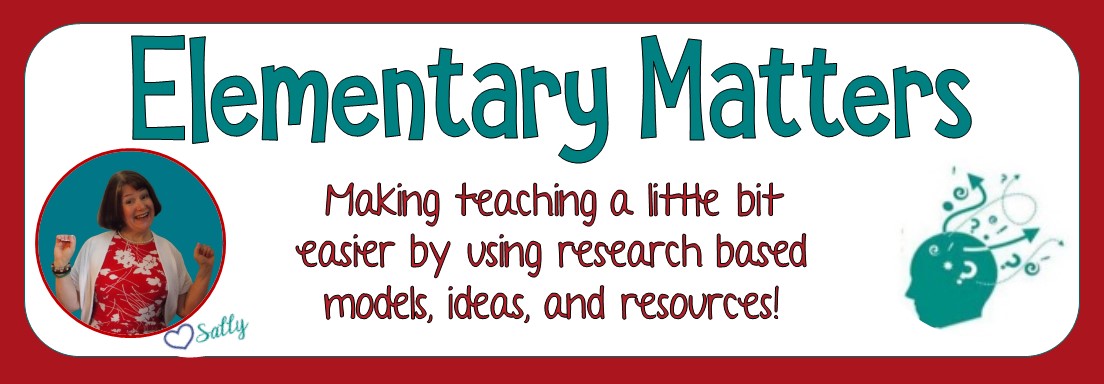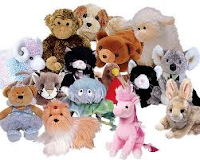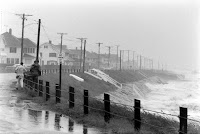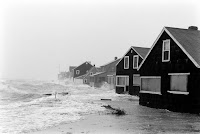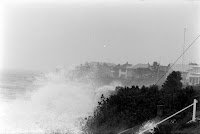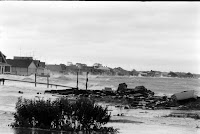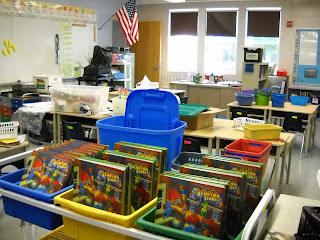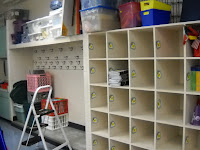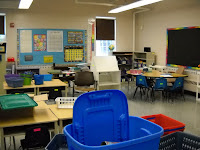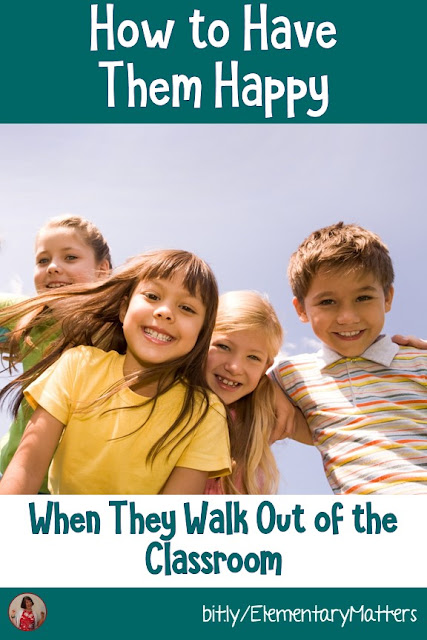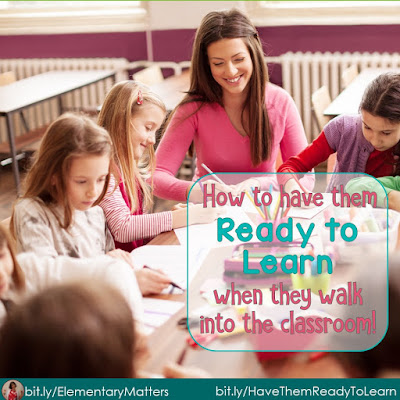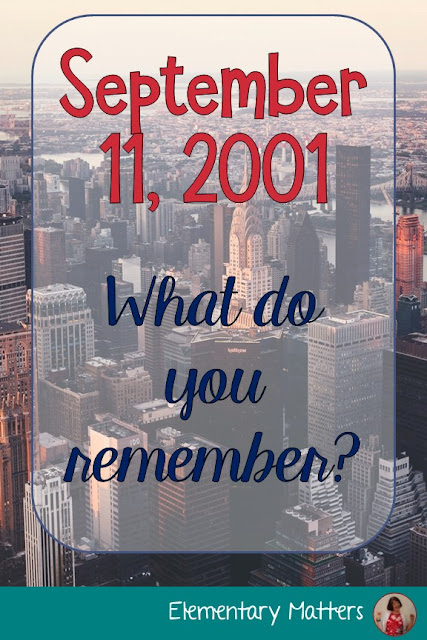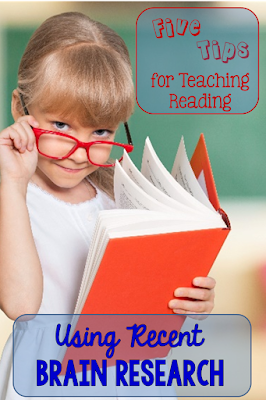I had the most incredible morning. The town where I grew up dedicated a road in the name of my dad.
My dad was a legendary football coach and physical education director in my hometown. He not only coached many successful seasons, but he also established a sports program in the town that has been in place since 1953.
 As I walked from my car to the spot for the ceremony, I noticed several sports teams playing on different parts of the field, cheerleaders stretching in preparation for the upcoming game, and an impromptu basketball game. Signs and banners were rooting for the home team.
As I walked from my car to the spot for the ceremony, I noticed several sports teams playing on different parts of the field, cheerleaders stretching in preparation for the upcoming game, and an impromptu basketball game. Signs and banners were rooting for the home team.
I realized this scene was very similar to what I would have seen 40 years ago when I was one of those cheerleaders stretching in preparation for the game. This was the program my dad established many years ago.

Several people spoke about the strong influence he had on the town's sports program and quoted his incredible record. Former players and colleagues spoke of how he had with his football players and called him a great motivator. He indeed coached the kids on and off the field. One of his favorite sayings came out today: "I can, and I will!"
 The program ended with my brother unveiling the new street sign. We all posed for pictures under the sign, and talked to people we hadn't seen in a very long time. Somehow I managed to keep from crying during the ceremony, but I did shed a few on the car ride home.
The program ended with my brother unveiling the new street sign. We all posed for pictures under the sign, and talked to people we hadn't seen in a very long time. Somehow I managed to keep from crying during the ceremony, but I did shed a few on the car ride home.
It's hard to believe that I could have a lot in common with a man who coaches football. I have zilch athletic ability, and I prefer to sing, tap dance, or teach small children.
 But we share a common theme: We would do everything within our power to help young people be the best that they can be. We are both motivators. We are both passionate people who care about kids' success. The man has been gone for nine years, yet he is with me every day. He is my hero.
But we share a common theme: We would do everything within our power to help young people be the best that they can be. We are both motivators. We are both passionate people who care about kids' success. The man has been gone for nine years, yet he is with me every day. He is my hero.
How appropriate for this weekend, the 10th anniversary of 9-11. A time to celebrate the heroes in our lives. We certainly celebrated a hero today!
Who is your hero?
Some links:
Bondelevitch Way Open for Travel
Big Blue Football Continues the Bondelevitch Winning Way
David Bondelevitch's blog: I Can and I Will
David Bondelevitch's blog: Father's Day
 As I walked from my car to the spot for the ceremony, I noticed several sports teams playing on different parts of the field, cheerleaders stretching in preparation for the upcoming game, and an impromptu basketball game. Signs and banners were rooting for the home team.
As I walked from my car to the spot for the ceremony, I noticed several sports teams playing on different parts of the field, cheerleaders stretching in preparation for the upcoming game, and an impromptu basketball game. Signs and banners were rooting for the home team. I realized this scene was very similar to what I would have seen 40 years ago when I was one of those cheerleaders stretching in preparation for the game. This was the program my dad established many years ago.

Several people spoke about the strong influence he had on the town's sports program and quoted his incredible record. Former players and colleagues spoke of how he had with his football players and called him a great motivator. He indeed coached the kids on and off the field. One of his favorite sayings came out today: "I can, and I will!"
 The program ended with my brother unveiling the new street sign. We all posed for pictures under the sign, and talked to people we hadn't seen in a very long time. Somehow I managed to keep from crying during the ceremony, but I did shed a few on the car ride home.
The program ended with my brother unveiling the new street sign. We all posed for pictures under the sign, and talked to people we hadn't seen in a very long time. Somehow I managed to keep from crying during the ceremony, but I did shed a few on the car ride home.It's hard to believe that I could have a lot in common with a man who coaches football. I have zilch athletic ability, and I prefer to sing, tap dance, or teach small children.
 But we share a common theme: We would do everything within our power to help young people be the best that they can be. We are both motivators. We are both passionate people who care about kids' success. The man has been gone for nine years, yet he is with me every day. He is my hero.
But we share a common theme: We would do everything within our power to help young people be the best that they can be. We are both motivators. We are both passionate people who care about kids' success. The man has been gone for nine years, yet he is with me every day. He is my hero.How appropriate for this weekend, the 10th anniversary of 9-11. A time to celebrate the heroes in our lives. We certainly celebrated a hero today!
Who is your hero?
Some links:
Bondelevitch Way Open for Travel
Big Blue Football Continues the Bondelevitch Winning Way
David Bondelevitch's blog: I Can and I Will
David Bondelevitch's blog: Father's Day
 |
Here's my dad (center) with his staff and captains back in the early 1970s. |
